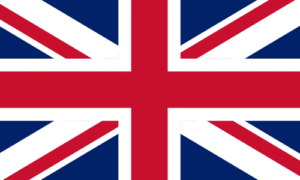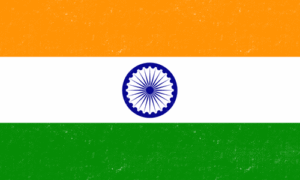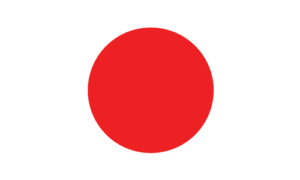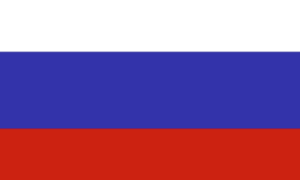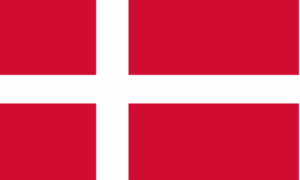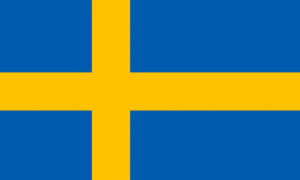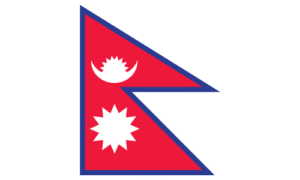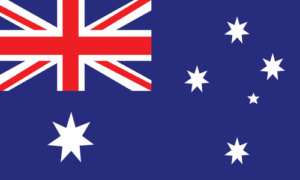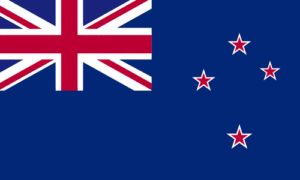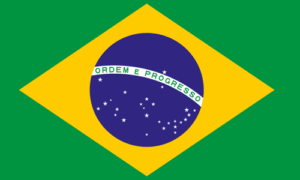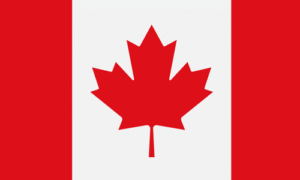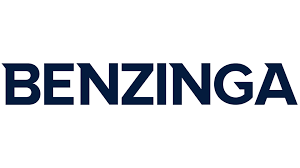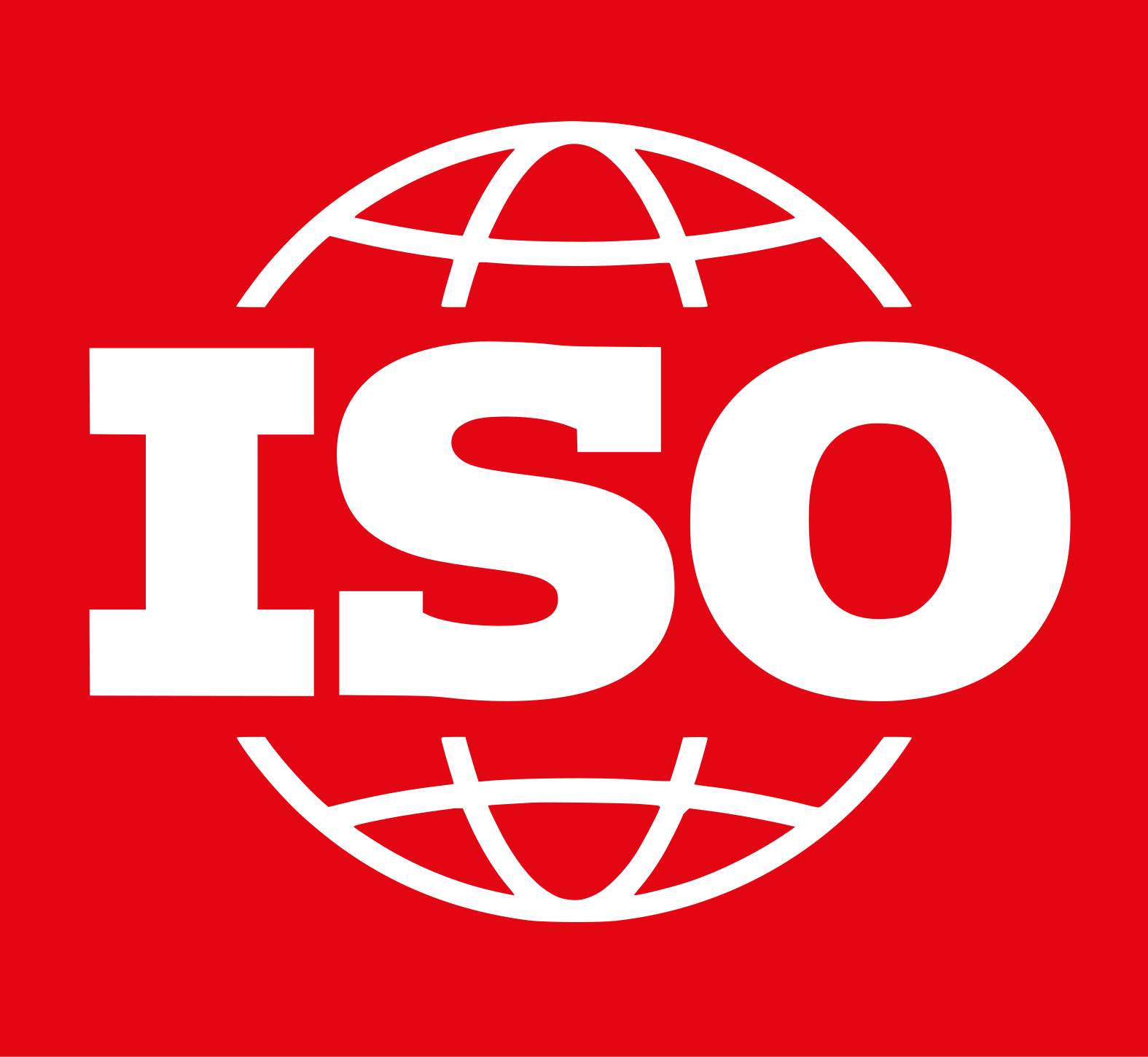Introduction to Food Technology Approval Process
The Department of Food Technology and Quality Control (DFTQC) in Nepal plays a crucial role in ensuring food safety and quality standards across the country. The DFTQC approval process is a mandatory requirement for all food products, both domestically produced and imported, before they can be legally sold in the Nepalese market.
This comprehensive approval system is designed to protect public health, prevent food adulteration, and maintain high standards of food quality. The process involves rigorous testing, documentation, and compliance with various regulations set forth by the Government of Nepal.
Legal Requirements for Food Quality Control
The legal framework for food quality control in Nepal is primarily governed by the Food Act, 2023 (1966) and its subsequent amendments. This act provides the foundation for food safety regulations and empowers the DFTQC to enforce quality standards.
Key legal requirements include:
- Registration of food products
- Compliance with food safety standards
- Proper labeling and packaging
- Regular quality testing and monitoring
- Adherence to hygiene and sanitation guidelines
The Food Rules, 2027 (1970) further elaborate on the implementation of the Food Act, providing detailed guidelines for food manufacturers, importers, and distributors.
Documentation Requirements for Food Technology Registration
To obtain DFTQC approval, applicants must submit a comprehensive set of documents. These typically include:
- Application form for food registration
- Product specification sheet
- Laboratory test reports
- Packaging and labeling samples
- Manufacturing process flow chart
- List of ingredients and their sources
- Quality control procedures
- Import documents (for foreign products)
- Company registration certificate
- Tax clearance certificate
Ensuring all documentation is complete and accurate is crucial for a smooth approval process.
Step-by-Step Process for DFTQC Approval System
The DFTQC approval process involves several steps:
- Application Submission: Submit the application form along with required documents to the DFTQC office.
- Document Verification: DFTQC officials review the submitted documents for completeness and accuracy.
- Sample Collection: Product samples are collected for laboratory testing.
- Laboratory Analysis: Samples undergo rigorous testing to ensure compliance with food safety standards.
- Inspection: For local manufacturers, a site inspection may be conducted to verify production facilities and processes.
- Evaluation: Results of tests and inspections are evaluated by DFTQC experts.
- Approval Decision: Based on the evaluation, DFTQC decides whether to grant approval or request further information/improvements.
Government Fees Structure for Food Registration
The fee structure for DFTQC registration varies depending on the type of product and the nature of the application. As of the latest update, the general fee categories include:
- Application fee
- Testing fee (varies by product type)
- Registration fee
- Renewal fee
It’s important to note that fees are subject to change, and applicants should consult the latest DFTQC guidelines for current rates.
Timeline Requirements for Food Quality Approval
The timeline for DFTQC approval can vary depending on several factors, including:
- Completeness of submitted documents
- Complexity of the product
- Laboratory testing duration
- Current workload of the DFTQC
On average, the process can take anywhere from 2 to 6 months. However, simple products with all documentation in order may be approved more quickly, while complex products or those requiring additional testing may take longer.
Compliance Guidelines for Food Technology Standards
DFTQC enforces strict compliance with food technology standards, which include:
- Microbiological standards
- Chemical composition requirements
- Additives and preservatives regulations
- Packaging and labeling standards
- Storage and transportation guidelines
These standards are based on both national regulations and international best practices, such as Codex Alimentarius guidelines.
Authorities Involved in Food Registration Process
While DFTQC is the primary authority for food registration, other government bodies may be involved in the process:
- Ministry of Agriculture and Livestock Development
- Department of Customs (for imported products)
- Nepal Bureau of Standards and Metrology
- Local government bodies
Coordination among these authorities ensures a comprehensive approach to food safety and quality control.
Read More
- Department of Foreign Employment Approval Process in Nepal
- Employment Contract Drafting in Nepal
- Department of Transport Management Approval Process in Nepal
Post Registration Requirements for Food Products
After obtaining DFTQC approval, food manufacturers and importers must:
- Maintain quality standards consistently
- Allow periodic inspections by DFTQC officials
- Renew registration as per prescribed timelines
- Report any changes in product formulation or manufacturing process
- Comply with ongoing monitoring and testing requirements
Legal Framework Governing Food Quality Control
The legal framework for food quality control in Nepal includes:
- Food Act, 2023 (1966)
- Food Rules, 2027 (1970)
- Food Regulation Directives
- Nepal Standards (Certification Mark) Act, 2037 (1980)
- Consumer Protection Act, 2075 (2018)
These laws collectively provide a comprehensive structure for ensuring food safety and quality in Nepal.
Services Offered by DFTQC Department Nepal
DFTQC offers a range of services to support food safety and quality:
- Food product registration and approval
- Laboratory testing and analysis
- Inspection of food manufacturing facilities
- Training and capacity building for food industry professionals
- Consumer awareness programs
- Research and development in food technology
These services aim to enhance the overall quality of food products in the Nepalese market.
Renewal Process for Food Registration Certificates
Food registration certificates typically require renewal every 1-5 years, depending on the product category. The renewal process involves:
- Submitting a renewal application
- Providing updated product information
- Undergoing re-testing if required
- Paying renewal fees
Timely renewal is crucial to maintain legal compliance and continue product sales.
Common Challenges in Food Registration Process
Some common challenges faced during the DFTQC approval process include:
- Incomplete documentation
- Failure to meet quality standards
- Delays in laboratory testing
- Misinterpretation of regulatory requirements
- Changes in regulations during the application process
Addressing these challenges proactively can help streamline the approval process.
Benefits of DFTQC Registration and Approval
Obtaining DFTQC approval offers several benefits:
- Legal compliance for product sales in Nepal
- Enhanced consumer trust and product credibility
- Access to government support and resources
- Improved product quality through adherence to standards
- Potential for export opportunities
These benefits contribute to the overall growth and development of Nepal’s food industry.
Monitoring and Evaluation of Food Standards
DFTQC conducts ongoing monitoring and evaluation of food standards through:
- Regular market surveillance
- Periodic testing of registered products
- Consumer complaint investigations
- Collaboration with international food safety organizations
- Continuous updating of standards based on scientific research
This ensures that food products in the Nepalese market consistently meet high quality and safety standards.
FAQs
What products require DFTQC approval?
All food and beverage products intended for human consumption, including packaged foods, additives, and dietary supplements, require DFTQC approval before they can be sold in Nepal.
How long is the food registration valid?
The validity of food registration varies depending on the product category, typically ranging from 1 to 5 years. Specific validity periods are outlined in the Food Rules, 2027 (1970).
What are the laboratory testing requirements?
Laboratory testing requirements depend on the product type but generally include microbiological analysis, chemical composition testing, and checks for contaminants and adulterants.
Can imported foods be registered?
Yes, imported foods can be registered with DFTQC. However, they must meet all Nepalese food safety standards and may require additional documentation, such as certificates of origin and free sale certificates from the country of manufacture.
What are the labeling requirements?
Labeling requirements include product name, ingredients list, net weight, manufacturer details, batch number, manufacturing and expiry dates, and nutritional information. Labels must be in Nepali or English, with some information mandatorily in Nepali.
How long does registration typically take?
The registration process typically takes 2 to 6 months, depending on the complexity of the product and the completeness of the application. Simple products with all documentation in order may be approved more quickly.
What are the penalties for non-compliance?
Penalties for non-compliance with food safety regulations can include fines, product recalls, suspension or cancellation of registration, and in severe cases, legal action under the Food Act, 2023 (1966) and related laws.
Resources: Faegre Drinker News, Haynes Boone Insights, Locke Lord Events
What is the role of DFTQC?
1. Regulates food safety, quality, and standards in Nepal.
2. Issues food licenses and monitors compliance with food laws.
3. Conducts research, inspections, and laboratory testing.
4. Enforces the Food Act, 2023 (1966) to ensure public health protection.
What is the Food Quality Control System and Act in Nepal?
The food quality control system in Nepal is governed by the Food Act, 2023 (1966) and Food Regulation, 2027 (1970), which establish standards for food safety, hygiene, labeling, and the prevention of adulteration. The Department of Food Technology and Quality Control (DFTQC) is responsible for monitoring food businesses through regular inspections, sampling, and laboratory analysis to ensure compliance with these regulations. Failure to meet the required standards can result in fines, penalties, or even license cancellation, reinforcing strict adherence to food safety laws.
How to get a food license in Nepal?
1. Register the business with the Office of Company Registrar.
2. Obtain a PAN/VAT certificate from the Inland Revenue Department.
3. Submit an application to DFTQC with business details and product specifications.
4. Pass food safety inspections and laboratory tests.
5. Receive the food license upon approval and ensure regular renewal.
When was DFTQC established?
The Department of Food Technology and Quality Control (DFTQC) was established in 1961 in Nepal.
How to become a food inspector in Nepal?
1. Obtain a bachelor’s degree in food technology, microbiology, or a related field.
2. Apply for competitive exams conducted by the Public Service Commission (PSC).
3. Complete required training and practical assessments.
4. Get appointed as a food inspector under DFTQC after selection.
Table of Contents
- 1 Introduction to Food Technology Approval Process
- 2 Legal Requirements for Food Quality Control
- 3 Documentation Requirements for Food Technology Registration
- 4 Step-by-Step Process for DFTQC Approval System
- 5 Government Fees Structure for Food Registration
- 6 Timeline Requirements for Food Quality Approval
- 7 Compliance Guidelines for Food Technology Standards
- 8 Authorities Involved in Food Registration Process
- 9 Post Registration Requirements for Food Products
- 10 Legal Framework Governing Food Quality Control
- 11 Services Offered by DFTQC Department Nepal
- 12 Renewal Process for Food Registration Certificates
- 13 Common Challenges in Food Registration Process
- 14 Benefits of DFTQC Registration and Approval
- 15 Monitoring and Evaluation of Food Standards
- 16 FAQs
- 16.1 What products require DFTQC approval?
- 16.2 How long is the food registration valid?
- 16.3 What are the laboratory testing requirements?
- 16.4 Can imported foods be registered?
- 16.5 What are the labeling requirements?
- 16.6 How long does registration typically take?
- 16.7 What are the penalties for non-compliance?
- 16.8 What is the role of DFTQC?
- 16.9 What is the Food Quality Control System and Act in Nepal?
- 16.10 How to get a food license in Nepal?
- 16.11 When was DFTQC established?
- 16.12 How to become a food inspector in Nepal?





